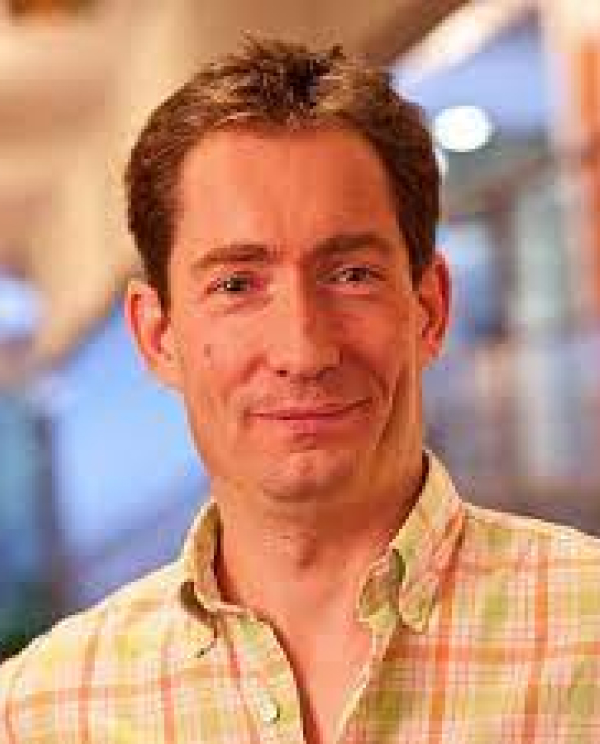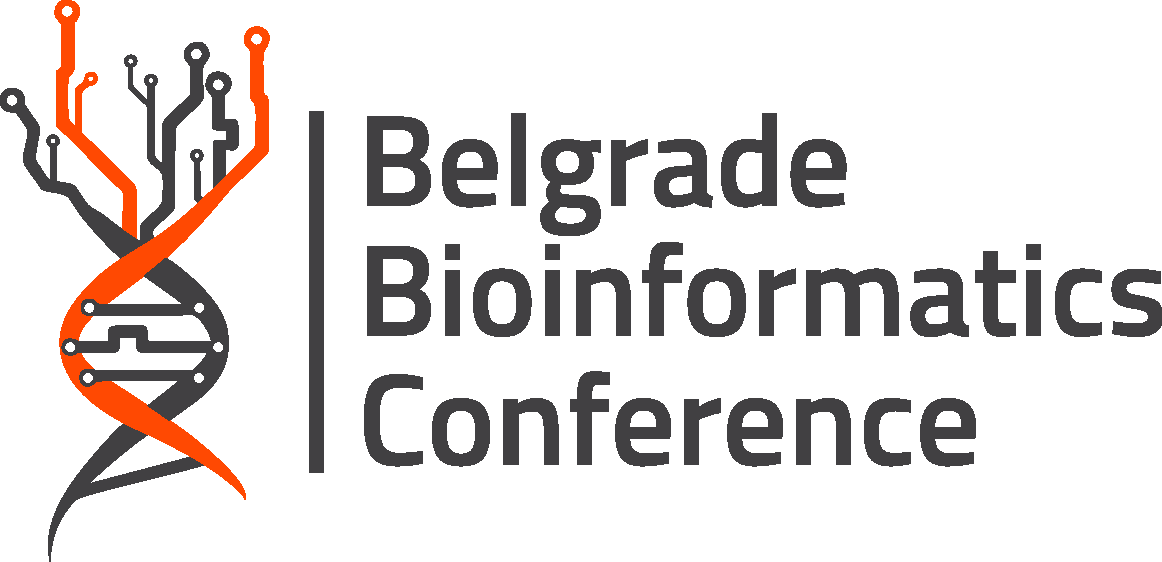
Dr. Bosiljka Tasić
Cell Types of Adult Mouse Brain: Definition and Experimental Access
Dr. Bosiljka Tasić is the Director of Molecular Genetics at the Allen Institute for Brain Science in Seattle. She received her B.Sc. in Biochemistry from the University of Belgrade, her doctorate in Biochemistry from Harvard University in the laboratory of Tom Maniatis, and completed her postdoctoral training in genetics and neuroscience with Liqun Luo at Stanford University. Her main interest is the development of technologies for the functional characterization of specific cell populations, including spatial transcriptomics. Dr. Tasic’s current research interests are cellular identity and how different cell types work together to carry out specific brain functions in mammals. By studying the molecular properties in individual cells, she is working to define cell types as the fundamental building blocks of circuits in the mammalian brain. Through the discovery of marker genes and genetic elements, Dr. Tasic’s research is leading to the development of new tools for the study of cell types.

Prof. Dr. Carles Lalueza-Fox
Beyond 10,000 Ancient Human Genomes: Ancestral Origins at the Balkans
Prof. Dr. Carles Lalueza-Fox, leading scientist in Europe on paleogenetics, is director of the Museum of Natural Sciences of Barcelona, Spain. At the Institute of Evolutionary Biology in Barcelona, he has set up a laboratory specializing in the extraction of degraded DNA and a computational system for the analysis of ancient genomes. Prof. Dr. Lalueza-Fox was involved in the Neanderthal Genome Project (led by Nobel laureate Professor Svante Pääbo), which retrieved the first Neanderthal genome in 2010. He led the first extraction of the genome of an 8,000-year-old European forager, and the first retrieval of a Mediterranean early farmer in 2015. In his research on ancient pathogens, he led the retrieval of Plague, typhoid fever, and malaria genomes.
Prof. Dr. Lalueza-Fox research interests include the structure, function and organization of ancestral genomes, human evolution, population dynamics and diversity, and adaptive processes and past migrations.

Prof. Dr. André Uitterlinden
Complex Genetics and the Genome of Europe: towards using Genetic Information in Health Care and Prevention
Prof. Dr. André Uitterlinden is Professor of Complex Genetics and Head of the Laboratory of Population Genomics at the Erasmus Medical Centre in Rotterdam. His previous research focused on the identification of genetic factors for common traits and diseases and the application of these findings in clinical practice. In 2005, he founded the Human Genomics Facility, one of the largest genomics facilities in Europe, which provides DNA isolation, genotyping, sequencing and data analysis services and has processed millions of samples for a global client portfolio. He has (co-) initiated several global GWAS consortia, and in 2020 Prof. Dr. Uitterlinden became a member of the coordination team of the 1+ Million Genomes (1+MG) project, where he leads the “Genome of Europe” working group to establish >100,000 reference genomes.

Prof. Dr. Desmond Higham
Can We Rely on AI?
Prof. Dr. Desmond Higham is Professor of Numerical Analysis at the University of Edinburgh. His research includes stochastic computation, data analysis and network theory. These fundamental branches of mathematics are crucial to a wide range of disciplines that rely on computational mathematics as one of their building blocks, including artificial intelligence, data science, deep learning, network science and computational biology. He is a member of the Scientific Advisory Panel of the Newton Gateway to Mathematics and the Management Committee of the International Centre for Mathematical Sciences.

Dr. Frédéric Cazals
On the prediction of protein dynamics: should one be optimistic?
Dr. Frédéric Cazals is Research Director at the Centre Inria d’Université Côte d’Azur, where he leads Algorithms-Biology-Structure group and holds the Chair at 3IA Côte d’Azur Institute. His research activities lie at the interface between computer science and computational structural biology with the aim of elucidating essential features of proteins and protein complexes in order to extract biologically relevant information for large molecular systems on biologically relevant time scales, leveraging our understanding of biological functions at the atomic level and providing key inputs for protein design and engineering, and protein interaction networks.

Prof. Dr. Tijana Milenković
Future directions in network biology
Prof. Dr. Tijana Milenković is the Frank M. Freimann Collegiate Professor of Engineering and Director of Diversity, Equity, and Inclusion at the University of Notre Dame. She works on challenging problems in the fields of network science, graph algorithms, computational biology, health and well-being, and social networks. Her goal is to develop new computational approaches for modeling, integrating, and mining data from a network perspective and to use algorithms to provide personalized healthcare information. Prof. Dr. Milenkovic was elected in 2020 and re-elected in 2023 to the Board of Directors of the International Society for Computational Biology (ISCB) to represent the Society’s Communities of Special Interest (COSIs).

Prof. Dr. Vladimir Poroikov
Way2Drug Platform: From Biological Activity Prediction to Systems Pharmacology
Prof. Dr. Vladimir Poroikov is the Principal Researcher and Head of the Department for Bioinformatics and the Laboratory for Structure-Function Based Drug Design at the Institute of Biomedical Chemistry in Moscow. His research interests include bioinformatics, chemoinformatics, (Q)SAR, molecular modeling, and computer-aided drug design and discovery. He has long been involved in the development and validation of ligand-based methods for computer-aided drug discovery. Prof. Dr. Poroikov’s team developed the world’s first web service for the prediction of biological activity spectra for drug-like substances (PASS online), which is freely available to the scientific community.

Special Guest Speaker
Dr. Christoph W. Sensen
20 years of work on exosomal DNA fragments
Dr. Christoph W. Sensen is the Director General and Managing Director of the Hungarian Centre
of Excellence for Molecular Medicine (HCEMM). Having studied biology at universities in Mainz, Düsseldorf, and Cologne, he obtained his doctoral degree at the University of Cologne in 1994, working on molecular phylogeny. Since then, Dr. Sensen has had a rich and successful career in industry and academia, at universities in Europe and Canada in both research and teaching. Between 2001 and 2014, Dr. Sensen has served as a tenured Professor at the University of Calgary’s Department of Biochemistry and Molecular Biology. Since 2014, he has served as Professor of Computational Biotechnology at the Institute of Molecular Biotechnology at Graz University of Technology in Austria. His various research interests include genome research, bioinformatics, and pioneering applications of virtual reality systems in both medical contexts and molecular diagnostics.

